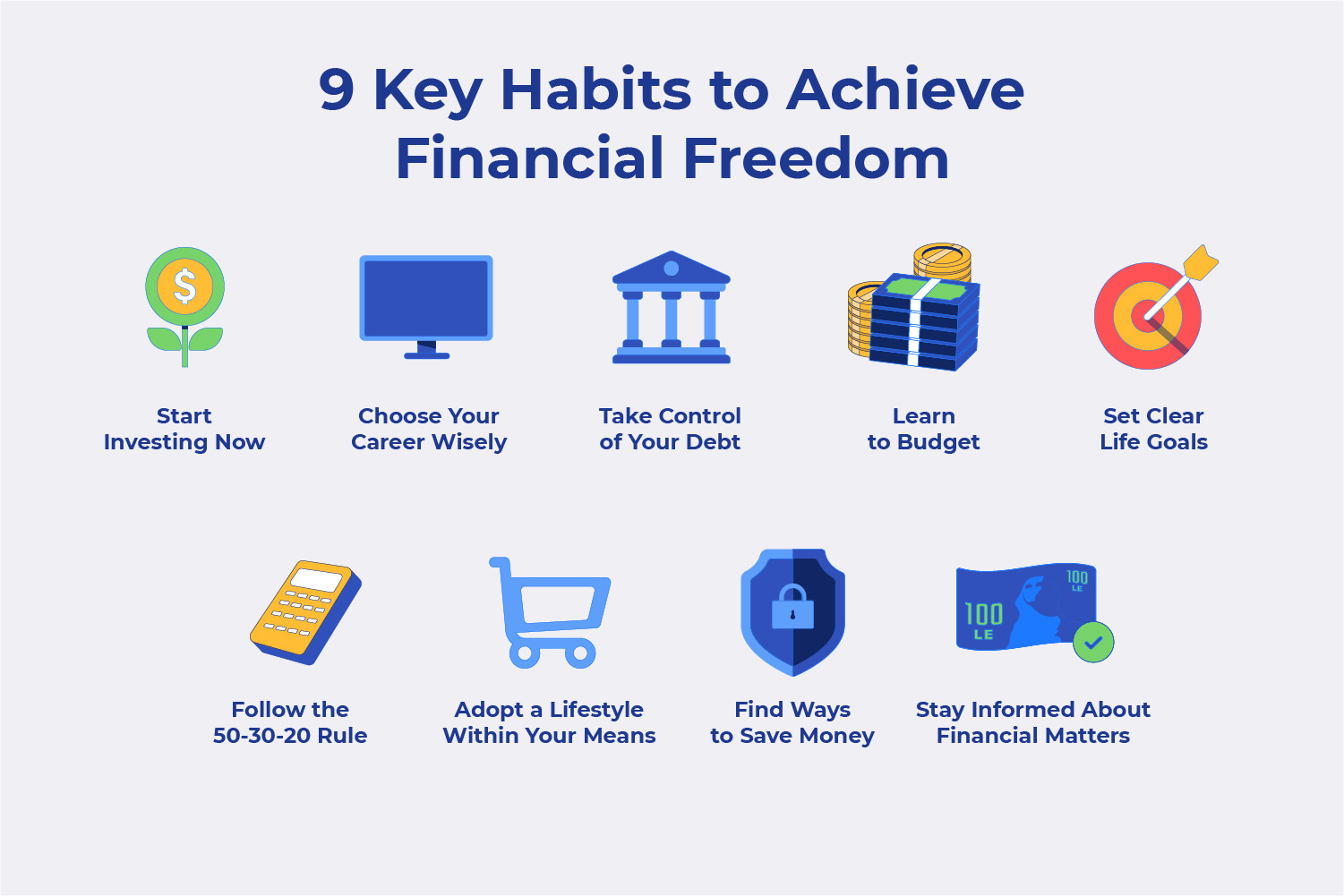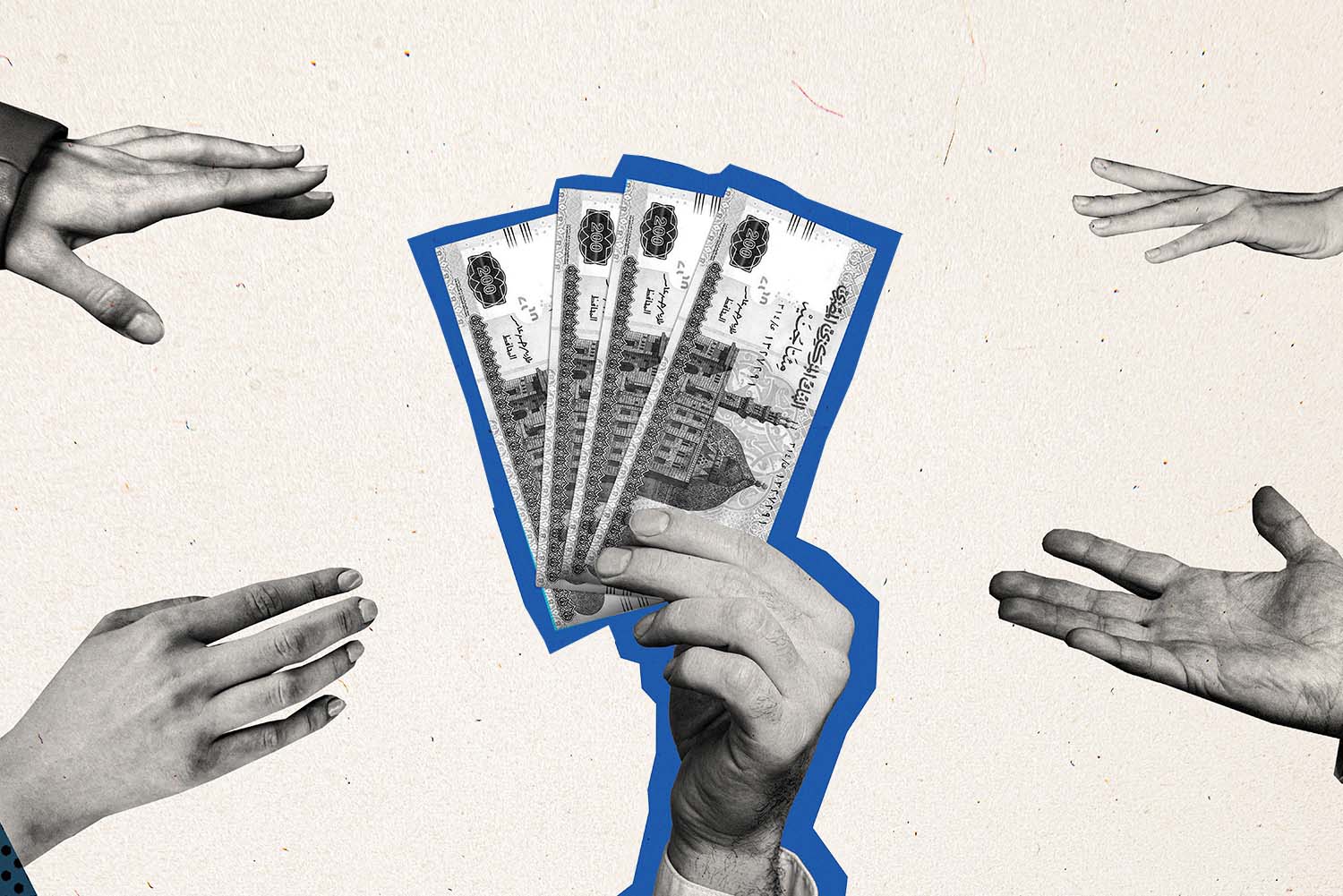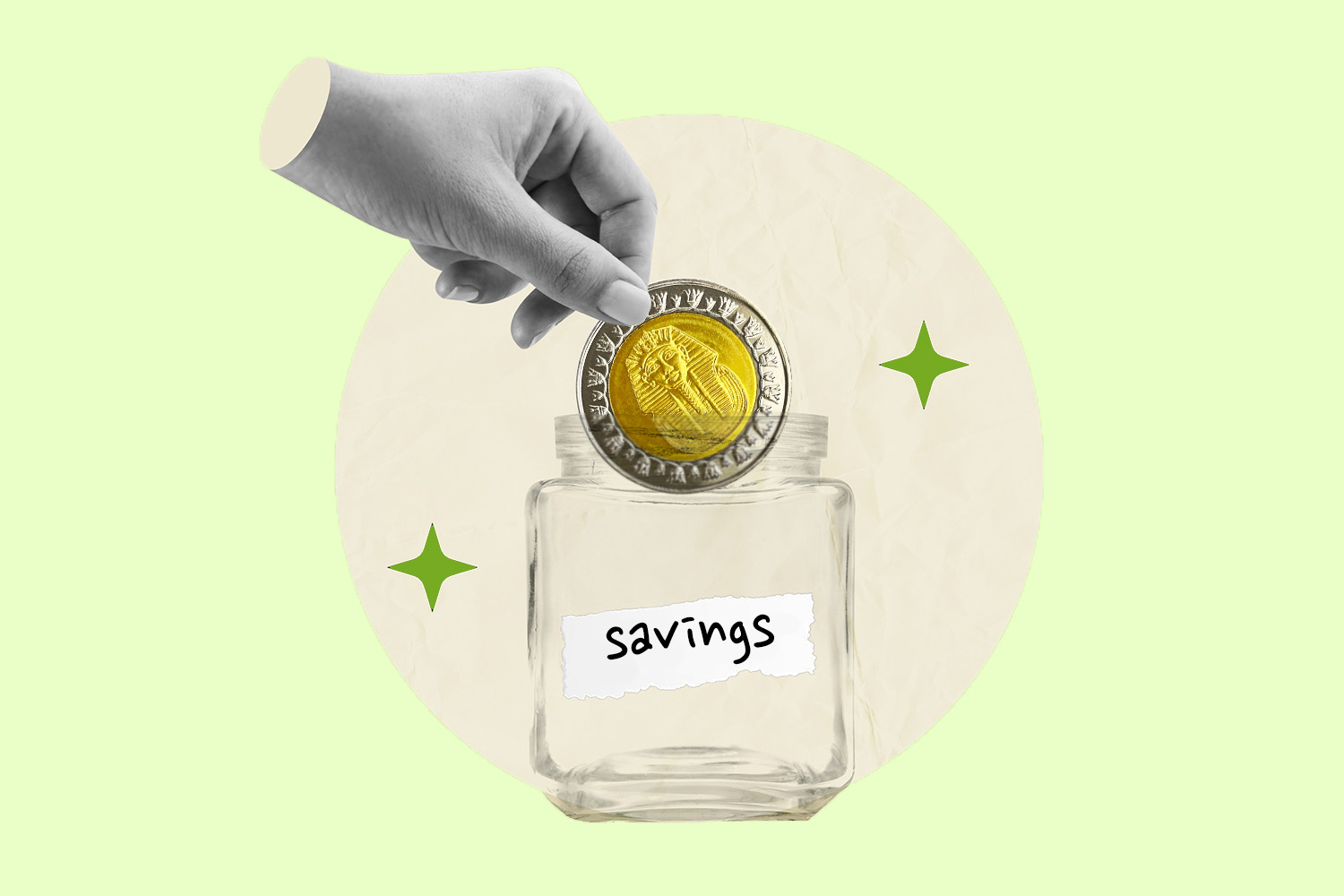We all know the stress that hits when unexpected money issues arise, like your car breaking down or a hefty bill showing up just when you least expect it. In those moments, you might find yourself asking, “What am I going to do? How will I pay for this?” But if you can treat these situations as mere annoyances rather than sources of anxiety, it means you’re well on your way to financial freedom!
Financial freedom is a goal that we all strive for, but only a small percentage of us achieve it. It represents having the financial resources that allow you to live a life largely free from the constant financial pressures that many of us face.
In today’s article, we’ll discuss everything related to financial freedom and the habits that can help you reach and achieve it.
What is Financial Freedom?
Financial freedom means having the financial resources to make life decisions without the constant worry of money. It’s about being prepared for life’s surprises—no debts, savings in the bank, and investments for the future.
In simpler terms, when you have financial freedom, you control your money instead of the other way around. You have options and won’t panic when unexpected expenses arise because you’ve set yourself up financially to handle them.
How to Achieve Financial Freedom?
The journey to financial freedom isn’t just about getting rich; it’s about taking responsibility for managing your finances. Achieving this level of control requires effort, sacrifice, and time, but it's worth it!
9 Habits to Start Today for Financial Freedom
1- Set Clear Life Goals
What does financial freedom look like for you? While we all have a general idea, it's essential to define specific goals. Identify the numbers you want to reach and the timelines for achieving them. The more precise your goals are, the better your chances of achieving them.
Write down three key goals:
- Your desired lifestyle.
- The amount you need in your bank account to achieve it.
- The age you want to reach that amount.
From there, calculate the steps needed to get from where you are now to your target age, breaking down your financial objectives into manageable periods. Keep this goal sheet visible as a daily reminder.
2- Learn to Budget
Just like no one wins a championship by chance, you won’t achieve financial freedom by accident. If you don’t have a clear plan for your money, you might find yourself asking at the end of each month, “Where did all my money go?”
At the start of each month, outline every pound you plan to spend and track your expenses. If you notice you’re overspending or underspending in certain areas, adjust accordingly. Even after achieving financial freedom, you’ll need to create a budget every month. A budget is the first step to building wealth, so start budgeting confidently today.
3- Take Control of Your Debt
If you have debts, such as credit card bills, mortgages, or car loans, it’s time to tackle them. Paying large amounts from your salary each month towards debts will hinder your path to financial freedom. Your income is your most powerful tool for building wealth, and it won’t be effective if it’s tied up in monthly payments.
Paying off your debts lays the groundwork for long-term wealth. Ready to start your journey to debt freedom? Begin today and don’t waste any more time!
4- Choose Your Career Wisely
As we mentioned, your income is vital for building wealth. Find a job you enjoy that also provides financial security and supports your journey towards financial freedom. When considering your career path, ask yourself:
- Where do I want to be in ten years? Is this job aligned with my life goals?
- Does this position offer opportunities for income growth?
- Is there potential for career advancement?
- Do I enjoy this work?
Choosing the right career can significantly impact your financial plan, so think carefully about this decision.



